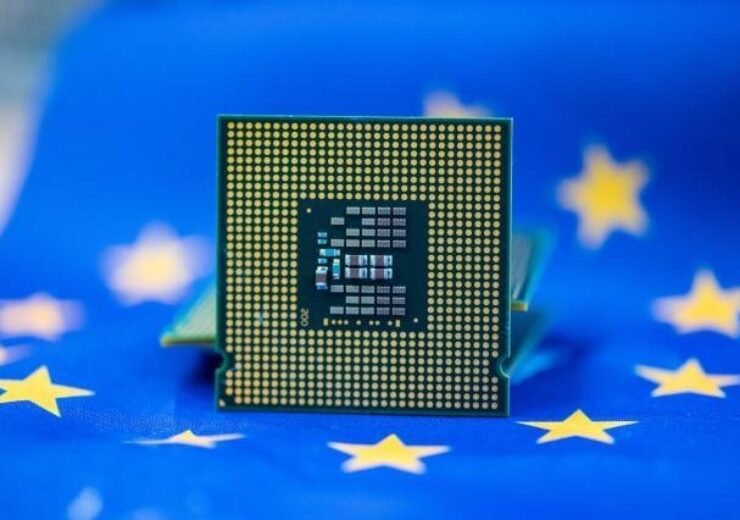The proposed EU Chips Act will have a set of measures for ensuring the security of supply, resilience, and technological leadership of the EU in semiconductor technologies and applications

The EC aims to address shortages in semiconductors with the new EU Chips Act. (Credit: European Commission)
The European Commission (EC) has proposed the European Chips Act (EU Chips Act) to tackle shortages in semiconductors and bolster the technological sovereignty of Europe.
According to the Commission, the new act will have a set of measures to ensure the security of supply, resilience, and technological leadership of the EU in semiconductor technologies and applications.
The Commission expects the EU Chips Act to drive over €43bn of public and private investments. Besides, the act will define measures needed to address future disruptions in supply chains.
Furthermore, the proposed regulation will help the EU achieve its goal of contributing 20% of the semiconductors produced around the world in 2030.
EC President Ursula von der Leyen said: “The European Chips Act will be a game-changer for the global competitiveness of Europe’s single market. In the short term, it will increase our resilience to future crises, by enabling us to anticipate and avoid supply chain disruptions.
“And in the mid-term, it will help make Europe an industrial leader in this strategic branch. With the European Chips Act, we are putting out the investments and the strategy.
“But the key to our success lies in Europe’s innovators, our world-class researchers, in the people who have made our continent prosper through the decades.”
The primary components of the EU Chips Act are the Chips for Europe Initiative, a new framework to ensure the security of supply, and a coordination mechanism between the member states and the Commission.
The Chips for Europe Initiative will bring together resources from the EU, member states and third countries associated with the existing EU programmes in addition to the private sector. The resources will be pooled via the “Chips Joint Undertaking” resulting from the reorientation of the existing Key Digital Technologies Joint Undertaking, said the Commission.
The proposed act will allow an amount of €11bn to be available for strengthening existing research and development and innovation for ensuring the deployment of advanced semi-conductor tools, pilot lines for prototyping, testing, and experimentation of new devices among others.
The EU will also create a Chips Fund to help start-ups get funding to advance their innovations and draw investors.
The next step will be the Commission sending the EU Chips Act for the approval of the European Parliament and member states.
Last November, the EC announced an investment of €1.98bn to advance digital transition across Europe under the Digital Europe Programme.


